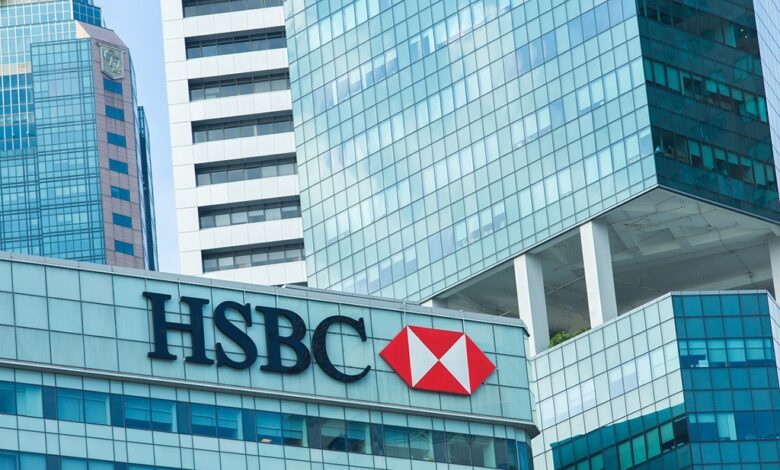
HSBC is preparing to significantly broaden its tokenized deposit services, with plans to roll out the solution to corporate clients in the United States and the United Arab Emirates (UAE) next year, according to a Bloomberg News report published Tuesday.
The global banking giant already offers tokenized deposits in Hong Kong, Singapore, the UK and Luxembourg. The upcoming expansion marks another major step in its adoption of digital money infrastructure and blockchain-based payment rails.
HSBC Pushes Forward With Tokenized Deposits
HSBC’s Tokenized Deposit Service allows clients to move funds locally or across borders within seconds, 24/7, leveraging blockchain and distributed ledger technology (DLT).
“We are making big bets in this space,” said Manish Kohli, HSBC’s Global Head of Payments Solutions, noting the rapid momentum around tokenization, stablecoins, and digital currencies.
The bank currently supports euros, pounds, U.S. dollars, Hong Kong dollars and Singapore dollars, and plans to add UAE dirhams as it launches in the Middle East in the first half of 2026.
Why Tokenized Deposits Are Rising
HSBC’s expansion comes as more global banks explore how digital assets and tokenization can streamline payments and accelerate settlement. The move also follows the U.S. GENIUS Act, which introduces a new regulatory framework for stablecoins.
Tokenized deposits — also known as deposit tokens — are digital representations of traditional bank deposits, issued and fully backed one-for-one by balances held on the bank’s ledger. Unlike stablecoins created by nonbank issuers, tokenized deposits remain fully regulated, stay on-balance sheet, and fall under standard liquidity, capital, and deposit insurance rules.
This ensures the bank’s deposit base and the broader money multiplier remain intact — a key distinction from private stablecoin models.
Growing Demand From Corporates and Multinationals
The rise of tokenized deposits aligns with rapidly increasing demand for real-time liquidity, cross-border efficiency, and 24/7 settlement systems. As PYMNTS previously noted, traditional cross-border payment rails suffer from multi-day settlement delays and high intermediary fees.
Tokenized deposits offer a viable path forward, enabling banks to reclaim relevance in the global payments ecosystem and deliver near-instant, interoperable settlement.
From a broader monetary architecture perspective, industry analysts say tokenized deposits may represent the most practical route to digital cash — one that modernizes existing banking infrastructure without requiring a full overhaul of the financial system.




